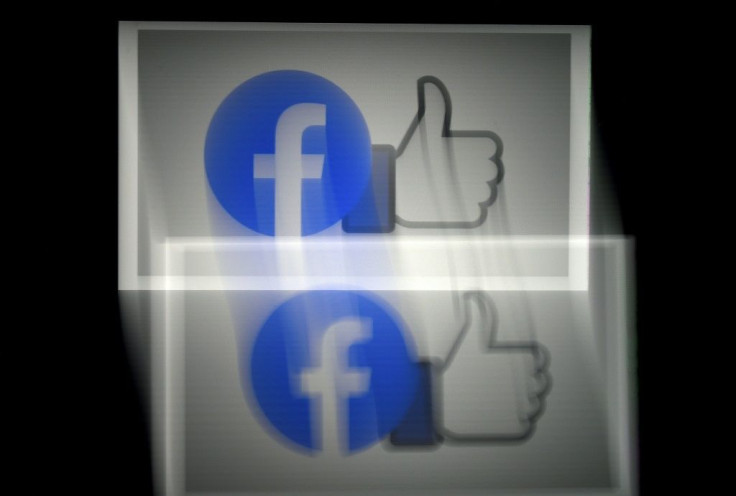Fake Facebook Accounts: Ways To Spot Scammers And Safeguard Yourself
KEY POINTS
- Facebook reportedly disabled 1.3 billion fake accounts recently
- Many fake accounts were removed at the time of their creation
- Facebook has built a network of more than 80 independent fact-checkers
Last week, Facebook said it had removed about 1.3 billion fake accounts from the platform between October and December 2020. This news made many of us wonder if we were vulnerable.
Social media platforms have always persisted in finding ways to handle hackers. However, individuals can also take certain steps to protect themselves from the intrusion of these counterfeit accounts.
How to protect yourself
Basically, never accept a Facebook invitation from anyone you don’t know. Although creating a new Facebook account requires verification from an active phone number and email address, WRCBtv reported there are apps and websites online where burner phone numbers and email addresses can be found and used in creating a fake Facebook account.
Be cautious while accepting friend requests. An invitation to connect from someone you already have in your friends' list should put you on alert as this might be a scammer.
Verify from the active account owner before allowing the person to your friends’ list. It is safer to speculate the account is counterfeit than to immediately accept and be sorry later.
If the profile is proven counterfeit, make sure to report the account, block it from following you before completely deleting the request.
Steps taken by Facebook
The government and the social media giant have also shown how they intensified their efforts to combat the fake Facebook account dilemma.
In response to the House Energy and Commerce Committee’s challenge to prove how the social media platforms such as Google, Twitter and Facebook address the problem of false information and fake accounts, the social media giant released statistics on fake profiles and counterfeit data and how they are handled.
In a blog post originally published by Morning Consult on March 22, Guy Rosen, Facebook’s VP of Integrity revealed the actual figures they gathered as they combat the increasing rate of fake Facebook account dilemma. Rosen said among the 1.3 billion fake accounts, many were disabled at the time of creation.
He added Facebook built a network of more than 80 independent fact-checkers to address the challenge of spreading misinformation. The social media giant reduced the attribution for falsely labeled posts, while putting a warning label to alert anyone who sees them.
The VP added there are now 35,000 people working with them to address the challenge. He said that during the pandemic, they took down 12 million pieces of COVID-19 related materials spreading misinformation through the help of AI systems, Reuters reported.

© Copyright IBTimes 2025. All rights reserved.



















